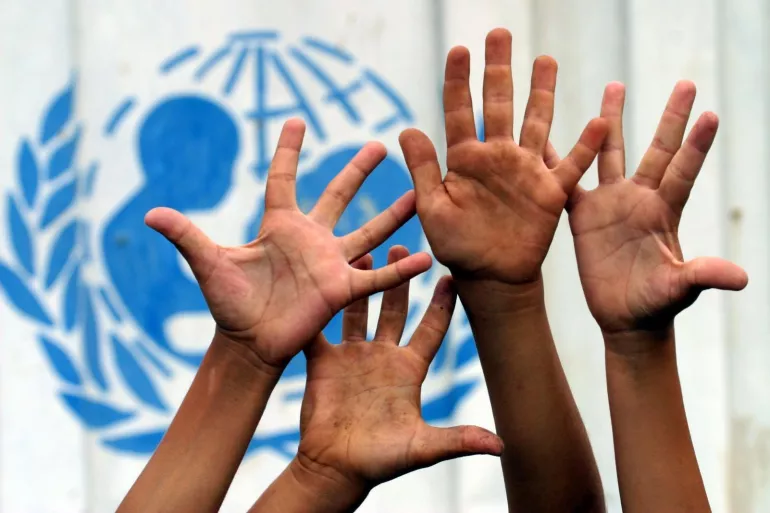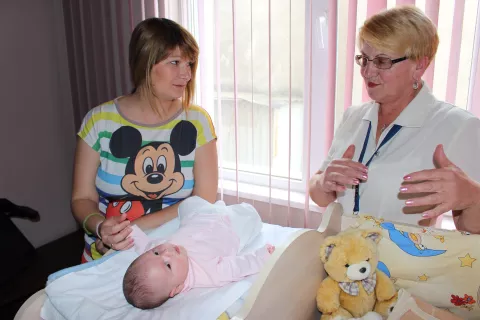UNICEF believes that deinstitutionalization is not limited to the removal of children from the institutions of old type
UNICEF statement regarding the Disability Rights International (DRI) report

- Available in:
- Български
- English
UNICEF Bulgaria shares the understanding that the process of deinstitutionalization is not an end goal in itself but a means for achieving what is best for every individual child. It is a process of replacement of institutional care with family or family-based care and it is not limited to closing specialized institutions (this is the term used by BG legislation for the large-scale institutions/the ones from the old type) and taking children out of them. The work to support parents for prevention of separation of children from their parents is a key part of this process as well as the support for children and young people leaving care and the specialists working with children and parents.
While recognizing the progress and positive examples, UNICEF has always stressed the need for additional work – mainly in prioritizing the support for parents and ensuring the quality of services. Some of the main recommendations from the independent review of progress and challenges in the child care reform, supported by UNICEF in 2014[1], also included ensuring inclusive approach to education, employment and housing; establishment of a monitoring system with a single database from all divisions of MLSP, MH and MES and a long-term commitment for the development and support of social workers and the social services workforce.
These recommendations are also confirmed by a number of other analysis and reports including the analysis of the residential care carried out in 2018 by the permanent expert group on deinstitutionalization upon request of the Inter-ministerial working group responsible for the management of the process, the child protection system analysis, supported by UNICEF in July 2019 and the recently launched report of the international organization Disability rights international.
Taking into account the progress made in Bulgaria in child care reform, the situation analysis of children and women in[2] Bulgaria, commissioned by UNICEF, shows that every year a large number of children still continue to be separated from their families for various reasons. Children from marginalised communities and those with disabilities have the highest risk. Therefore, the main priority in the current partnership programme between UNICEF and the Government of the Republic of Bulgaria is the prevention of the Separation of children from their families and supporting families to care for their children.
The current Action Plan for the implementation of the National Strategy “Vision for Deinstitutionalisation of Children in Bulgaria” 2016-2020 and the development of the next plan present an opportunity to address the existing main challenges and turn the recommendations for their overcoming into concrete policy measures with clear deadlines and timeframe, funding and responsible bodies.
1 Deinstitutionalisation of children in Bulgaria – how far and where to?





